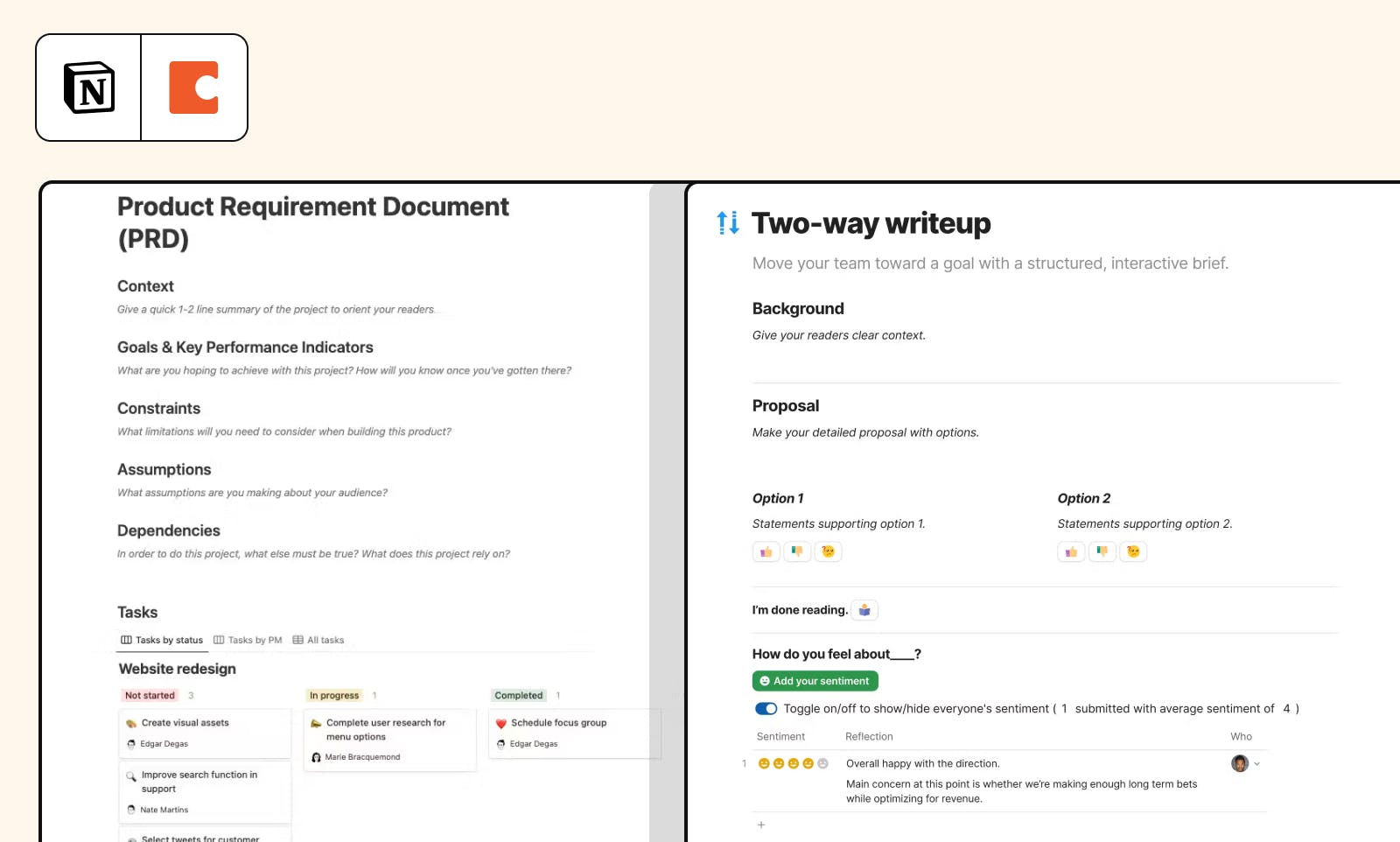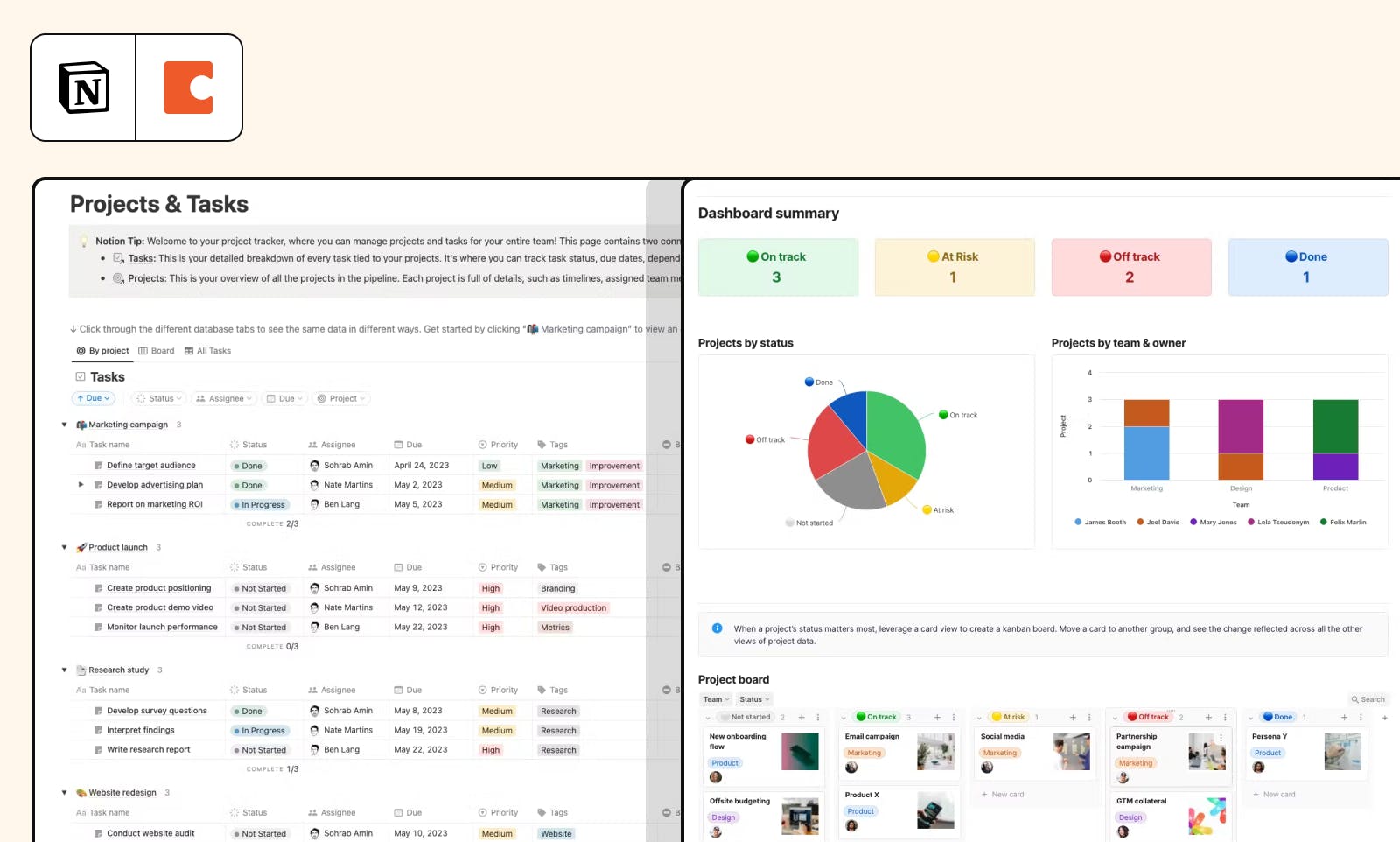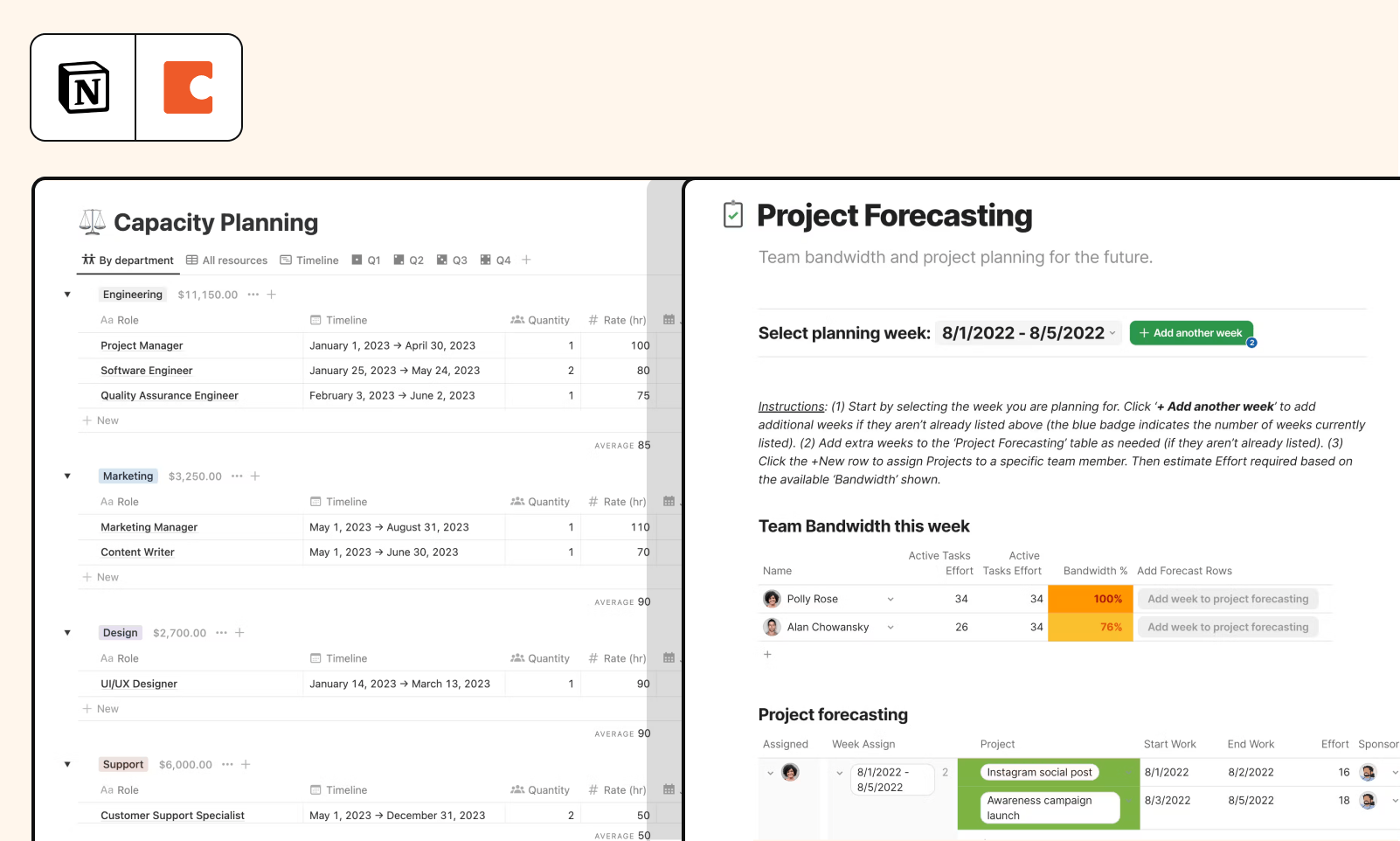Share
Explore
The Ultimate Notion vs Coda Evaluation Guide in 2024

 The Ultimate Notion vs Coda Evaluation Guide in 2024
The Ultimate Notion vs Coda Evaluation Guide in 2024
I’ve been using both tools for nearly six years and have interviewed thousands of users. So how do the two all-in-one digital workspaces compare?
since 2017. I spent years going back and forth, falling in love with elements of both. I became so enamored that in 2020 I sought out and convinced the Coda team to hire me. Since then, I’ve had the opportunity to interview thousands of Notion and Coda users. And I’ve worked with countless companies evaluating the two tools, trying to figure out what is best for their team.Not here for a balanced comparison? Check out my spicy takes.
!1. Use cases: The four common ways Coda and Notion are used.
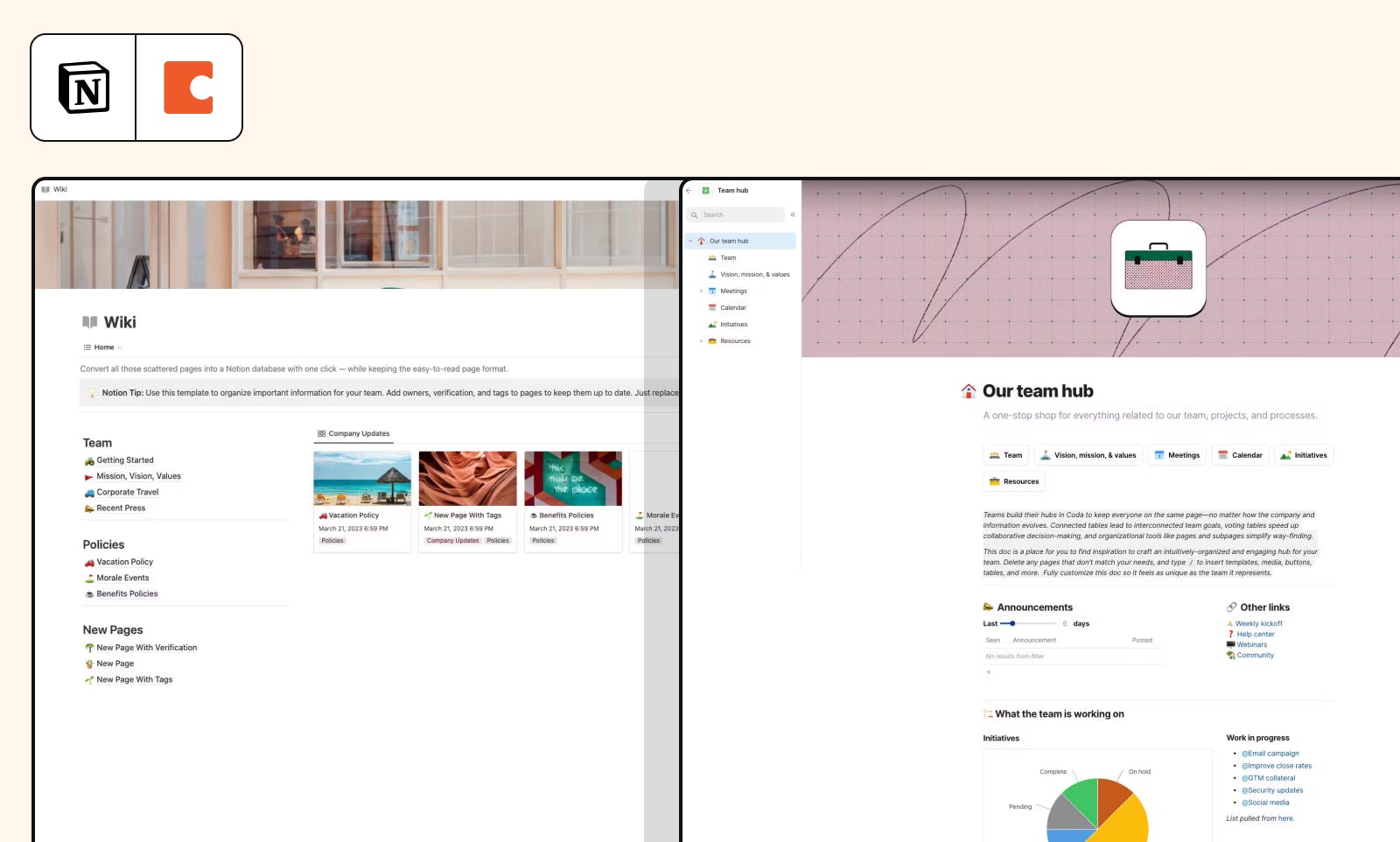
and which tools you might be able to replace.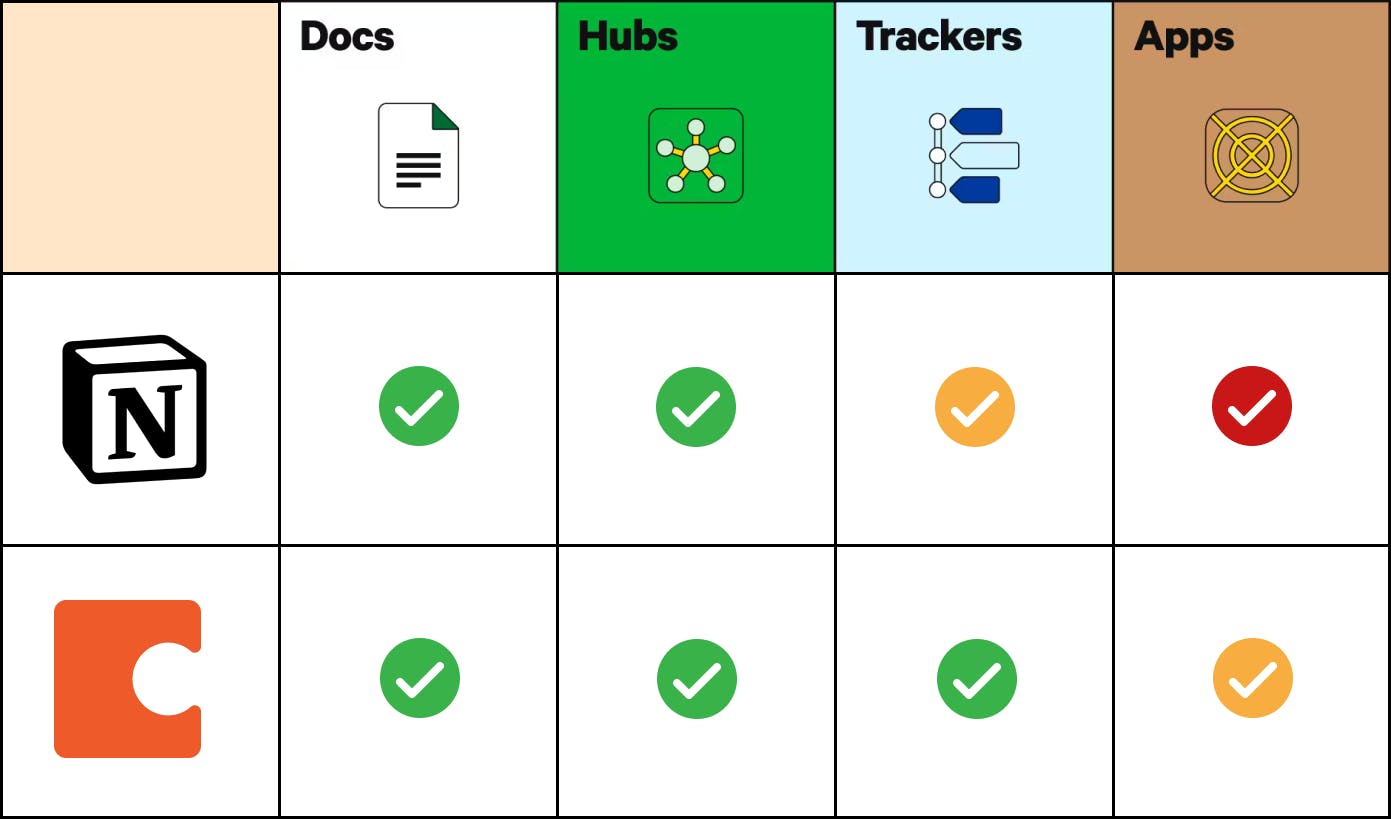
2. Organization & discoverability: Two different approaches to storing and finding your information.
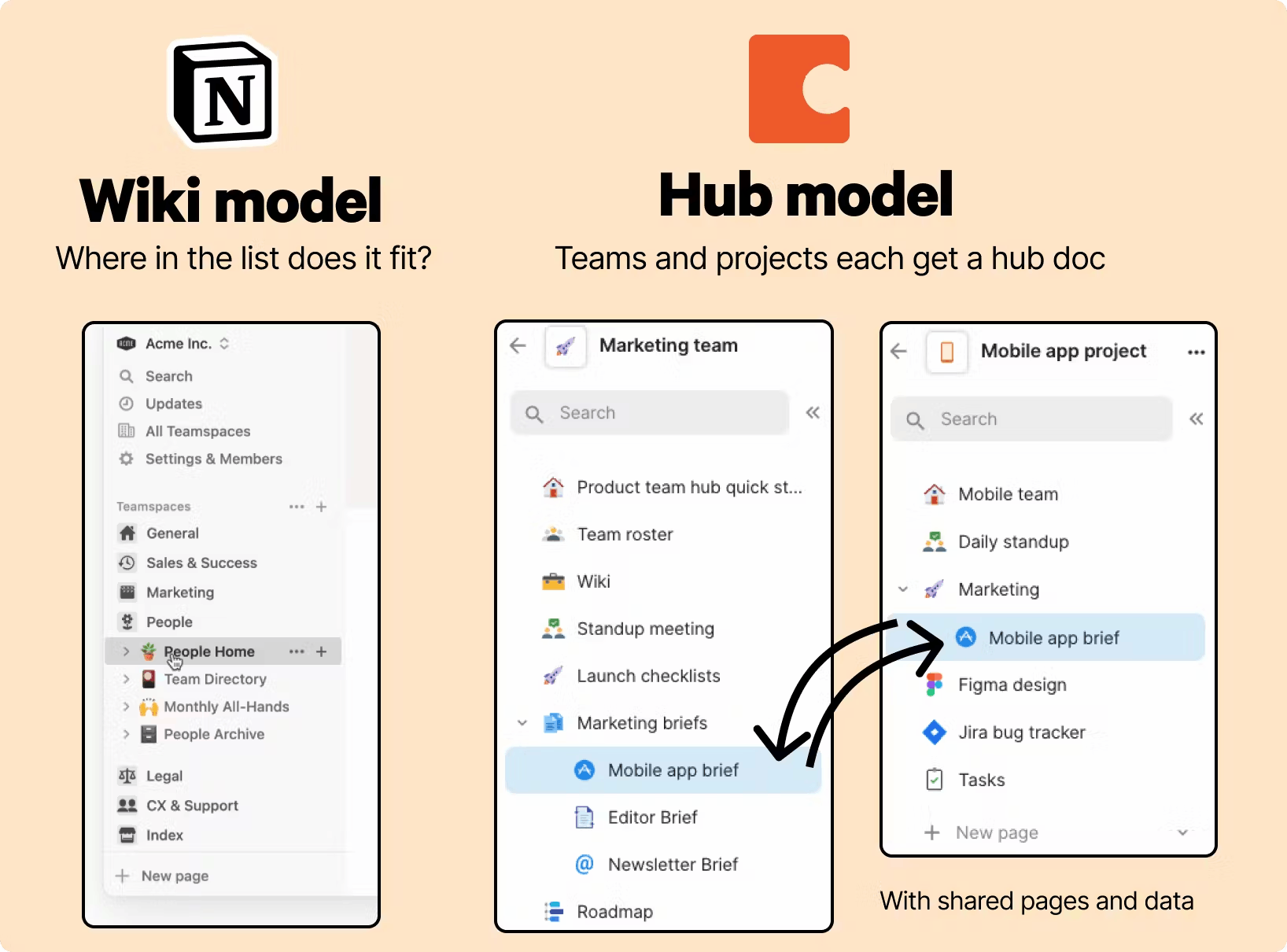
3. Features: The expansive capabilities of two all-in-one workspaces.
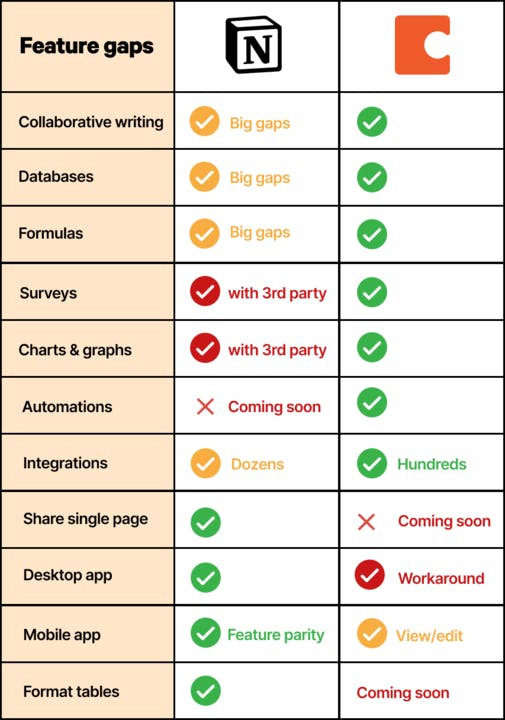
4. Integrations: Connecting with the rest of your tools and data.
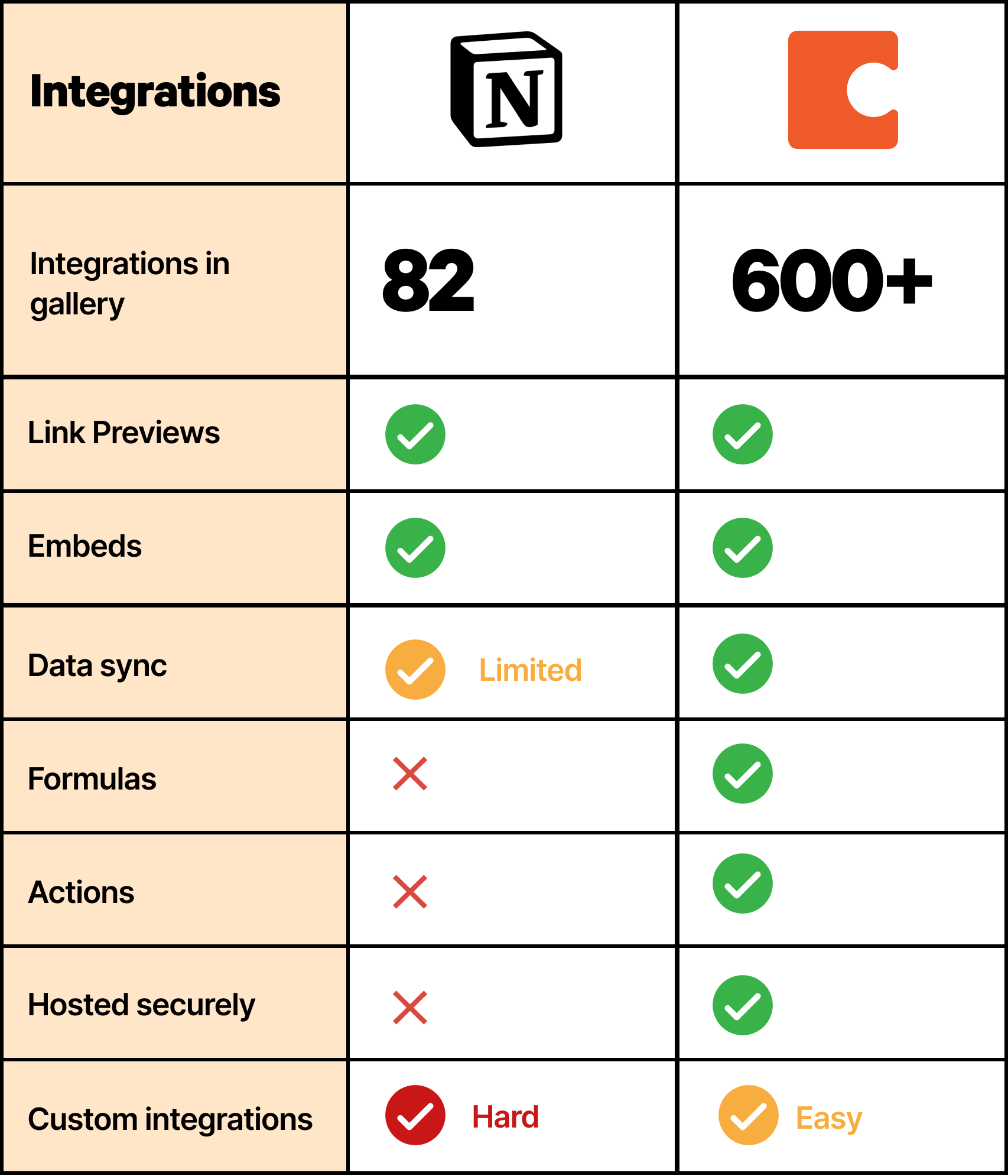
5. Ease of use: The niceties and annoyances of everyday use.
6. Scalability: Maintaining security, performance, and usability as your team grows.
7. Cost: How much will an all-in-one workspace cost, or save, your team.
Those are the criteria, now it’s time to dig in.
: Both can help replace other tools, but Notion tends to be cheaper for individuals and small teams, while Coda is almost always cheaper for medium to large teams.
Want to print your doc?
This is not the way.
This is not the way.

Try clicking the ⋯ next to your doc name or using a keyboard shortcut (
CtrlP
) instead.
